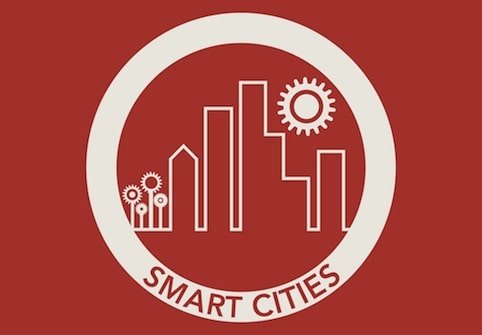The Path to Systemic Innovation

By: Sir Michael Barber
The era of standards-based reform has brought significant progress to America over the last 25 years. Especially in states that pursued it with consistency – Massachusetts, Maryland and Texas, for example – the results are clear. The Common Core and its associated assessments might be seen as the culmination of that phase of US educational development.
Alongside that the US has seen globally relevant innovation in places too. Blended learning models that show promise, MOOCs, an array of start-ups with promise, some excellent charter chains and Teach for America, for example.
So far, no one in the US or the world has combined the system reform with systemic innovation at scale. Celebrated global systems such as Ontario, Singapore or Finland for example struggle with the innovation angle; California, Israel and England have some of the innovation capacity but more to do on system reform.
Some time soon, some system in the world will get this combination right and achieve lift-off in performance. Why not a large city or a state in the US?
This is what we set out to recommend in the report for the MBAE on Massachusetts published in March. The proposals are relevant to any US system pursuing these objectives.
The most important are:
- Expect all students to achieve high standards and not just in the core. Languages, history, the arts, and learning leadership all matter too.
- Devolve more power and funding to schools and incentivize them to collaborate within and across district boundaries. Intervene effectively where there is failure.
- Redesign the teaching profession along the lines advocated by Jal Mehta and others. To enable that have one statewide ‘thin’ contract, which offers teachers new opportunities to grow and develop as professionals and to reap rewards for the contribution they make in return for removing the barriers to innovation that current contracts often include (e.g., class size limits).
- Establish an annual competition – the Massachusetts Accelerated Learning Challenge – that would encourage educators, venture capital and EdTech innovators to collaborate to solve the major performance challenges facing the nation.
- Work on narrowing achievement gaps not just through the school system but more widely. Introduce universal pre-K for example.
- Focus on productivity as well as performance of each school and district. How much performance is being delivered per dollar? Not only would this assure citizens that tax dollars were being used wisely; it would also encourage innovation, which in other fields has been a means of doubling output while halving cost. Gains of that scale may not be possible in education but in an era of continuing pressure on the resources available we should surely ask the question.
For more on the MBAE report, see Barber on the Future of Education
The Smart Cities blog series catalogs innovations in learning in America’s great cities. We’re writing a book about what we’re learning–and you can help.
 Sir Michael Barber is a British educationist and Chief Education Advisor to Pearson. In the past, Sir Michael served as a partner and head of the global education practice at McKinsey, advisor to UK Prime Minister Tony Blair and a global expert on education reform and implementation of large-scale system change. He has worked for over 20 years in education and government reform and improvement. The views expressed in the article are his personal views and do not represent any of the organisations he has worked for, past or present.
Sir Michael Barber is a British educationist and Chief Education Advisor to Pearson. In the past, Sir Michael served as a partner and head of the global education practice at McKinsey, advisor to UK Prime Minister Tony Blair and a global expert on education reform and implementation of large-scale system change. He has worked for over 20 years in education and government reform and improvement. The views expressed in the article are his personal views and do not represent any of the organisations he has worked for, past or present.






0 Comments
Leave a Comment
Your email address will not be published. All fields are required.